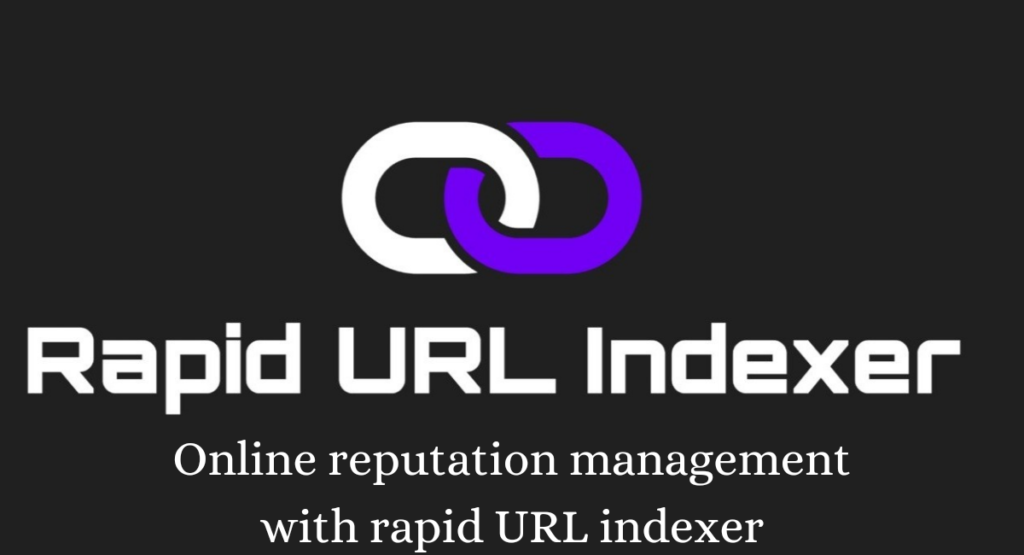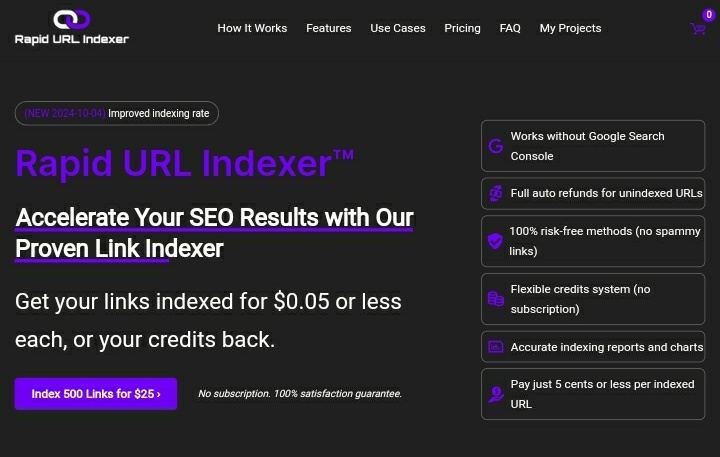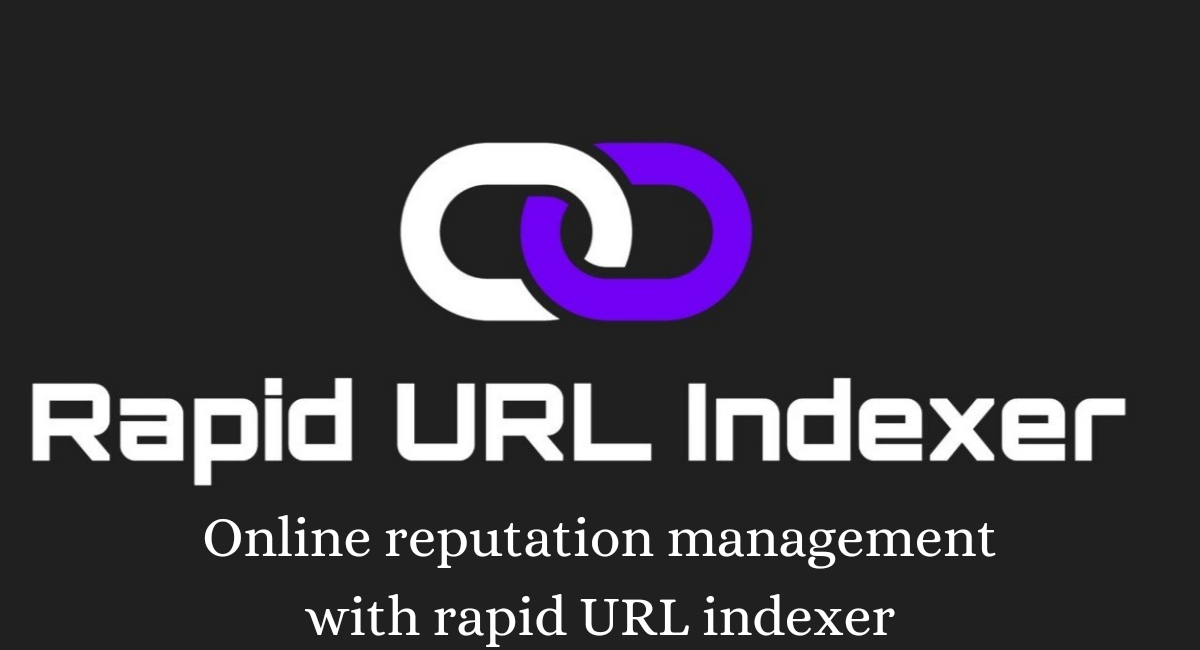
Online reputation management involves monitoring your business’s online perception. It aims to neutralize negative sentiments and promote positive ones.
It typically involves responding to bad reviews, suppressing unfavorable search results, and correcting misinformation about your business.
ORM overlaps with digital public relations (digital PR), but the emphasis is on defending your reputation. Rather than proactively building a good brand image.
What is Online Reputation Management (ORM)?

( source: ahrefs.com)
Online Reputation Management (ORM) involves shaping public perception. It maintains a positive image of an individual, brand, or business in the digital world. It involves monitoring, managing, and influencing the online narrative surrounding an entity. In today’s digital landscape, consumers often rely on online reviews, social media, and search engine results to form opinions. Thus, ORM is crucial. Negative reviews, misleading information, or unfavorable media can damage reputations. ORM aims to reduce these risks. It also promotes positive content.
Online reputation management is also known as digital reputation management or internet reputation Side note
ORM typically focuses on three core elements:
- Monitoring: Keeping track of online mentions, reviews, and discussions related to the entity.
- Addressing Negative Content: Dealing with harmful content by responding to it or trying to push it down in search rankings.
- Promoting Positive Content: Highlighting favorable information, reviews, or stories to keep a positive image.
What is a Rapid URL Indexer?
A Rapid URL Indexer is a tool or service. It speeds up the process of getting a web page indexed by search engines, particularly Google. Normally, it can take several days for a new URL to be crawled and indexed by a search engine. Sometimes, it takes weeks. A rapid indexer accelerates this timeline. These tools notify search engines promptly about the existence of a new or updated URL. This ensures it gets noticed faster.
For online reputation management, this can be extremely beneficial because time is often of the essence when countering negative content. New, positive content should be indexed quickly. This allows it to sooner in search results. It helps mitigate the effects of harmful content.

Differences from Traditional Indexing Methods
Traditional indexing methods rely on search engine crawlers, which discover content at their own pace. Crawling of a website or page depends on its structure. It also depends on internal links and external backlinks. The downside is that these traditional methods are slow, especially for newly created content or websites with lower authority.
Rapid URL indexers contrast with other methods. They submit URLs directly to search engines. Often, these indexers use specialized APIs to notify search engines faster. This ensures quicker indexing. This is particularly useful when urgent content updates are needed. For example, in ORM scenarios, outdated or negative information needs to be pushed down in search results.
What is Online Reputation Management with Rapid URL Indexer?
Online Reputation Management with a Rapid URL Indexer involves using fast indexing tools. These tools are part of an ORM strategy. They ensure that positive, reputation-enhancing content is indexed as quickly as possible. The combination of ORM with rapid indexing tools offers multiple benefits. Businesses and individuals can monitor and manage their reputation. They can also actively and swiftly influence search engine results in their favor.
For example, if a company releases a positive press statement, a rapid indexer can be used. The same applies if the company gains a favorable review. The company wants this to appear in search results quickly. The rapid indexer ensures that the content is crawled and indexed by search engines right away. This tactic is particularly useful when negative content must be demoted in the rankings quickly. It helps achieve this as soon as possible.
Benefits of Using Rapid URL Indexers for ORM
- Faster Search Engine Response: When dealing with negative press or reviews, time is critical. A rapid indexer can help push new, positive content to the forefront faster than traditional methods.
- Improved Control: ORM with rapid indexing tools gives businesses more control over heow quickly their content appears in search results. This makes it easier to manage reputation crises.
- Increased Visibility: By getting positive content indexed faster, businesses can improve their online visibility. This can help push down negative content. It also helps to maintain a positive public image.
- Real-Time Adjustments: Businesses can respond more quickly to evolving reputation issues. They ensure updates or new content appear in search results almost in real-time.
- Cost-Effectiveness: Rapid indexing tools are often more affordable than larger SEO campaigns. These tools are highly targeted to achieve specific ORM goals.
Best Tools and Resources for ORM with Rapid URL Indexers
- Google Search Console: Google Search Console is not exactly a “rapid” indexer. It is, however, a free tool that allows you to submit URLs for crawling directly to Google.
- Indexification: A popular tool that helps accelerate the indexing process by notifying search engines about new URLs.
- OneHourIndexing: This tool claims to index your content in less than an hour. It is ideal for ORM purposes when speed is key.
- Speed Links: A service that helps get your URLs indexed quickly by search engines like Google, Yahoo, and Bing.
- Instant Link Indexer: Known for its fast indexing capabilities, this tool is frequently used in reputation management efforts.
- Linklicious: This platform not only submits URLs to search engines but also helps to track indexing progress.
- Lindexed: A cloud-based indexing service. It can be useful for ORM professionals. The service ensures their content appears faster in search results.
- RankerX: Though more of an SEO tool, RankerX also offers rapid indexing services to improve ORM campaigns.
Key Components of Online Reputation Management
- Social Media Management: Monitoring and responding to feedback on social platforms is critical in managing public perceptions.
- Review Management: Businesses need to monitor reviews on platforms like Google, Yelp, and Amazon. They should address negative reviews and encourage positive ones.
- Search Engine Monitoring: Most people start by searching online. Therefore, keeping track of search engine results is vital for understanding how a brand or individual is perceived.
- Crisis Management: It is essential to have strategies in place to respond quickly to reputation crises. Examples include a negative press article or a damaging customer review.
The Impact of Online Reputation on Businesses and Individuals
Online reputation can have a significant impact on both businesses and individuals. For businesses, a negative online image can result in decreased sales, lost customers, and long-term damage to brand credibility. For individuals, especially public figures or professionals, a poor online reputation can affect career prospects and social standing. Positive online sentiment, on the other hand, can drive trust, customer loyalty, and growth.
The Role of Search Engines in ORM
Search engines like Google play a crucial role in ORM because they are the primary way people find information online. The ranking of content—whether positive or negative—directly affects the perception of a brand or individual. By optimizing content for search engines, businesses can shape their presence in search results. Using tools like rapid URL indexers aids them in this endeavor.
Common Challenges in Online Reputation Management with Rapid URL Indexer
- Pushing Negative Content Down: Rapid indexers help promote positive content quickly. However, it may still take time to reduce the rankings of negative content.
- Maintaining Authenticity: Focusing too much on manipulating search results can lead to a lack of authenticity. This can backfire if consumers perceive the manipulation.
- Over-Reliance on Tools: Relying too much on rapid indexers can lead to temporary fixes. Without proper ORM strategies, like engaging with negative feedback, long-term reputation improvement is not achieved.
- Algorithm Changes: Search engine algorithms change frequently. What works today may not work tomorrow. Relying solely on indexing tools can be risky.
Conclusion:-
Businesses and individuals can proactively manage their online image. They achieve this through Online Reputation Management with Rapid URL Indexers. These tools ensure that positive content is indexed quickly. They push negative content down in search rankings. This provides a critical advantage in the fast-paced digital world. However, a well-rounded ORM strategy should go beyond just indexing tools. It should incorporate broader strategies like authentic engagement. Quality content creation is also important for long-term success.

Vishal Raj a Blogger and a Author! Fountainhead of iGadgetsBlog
